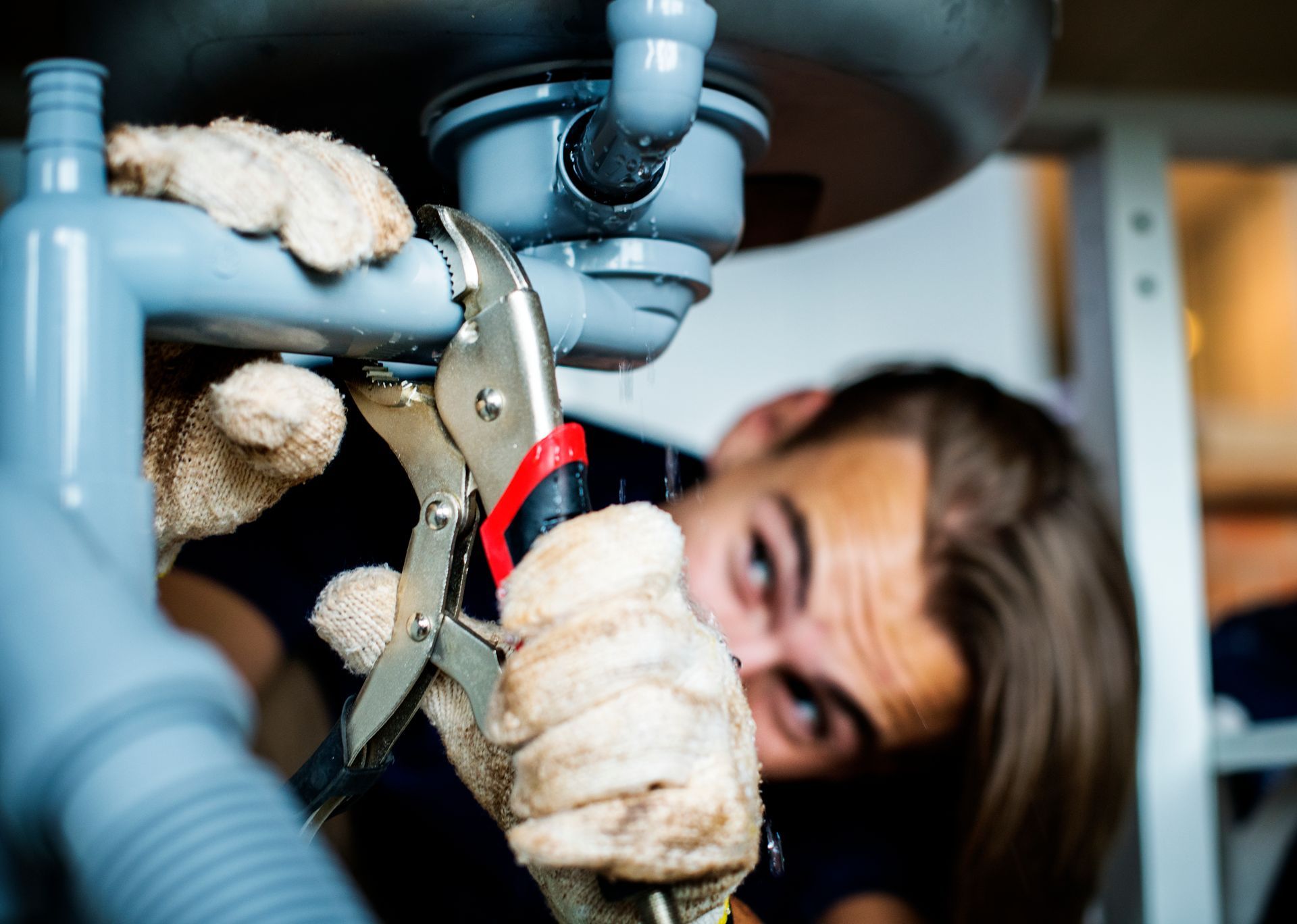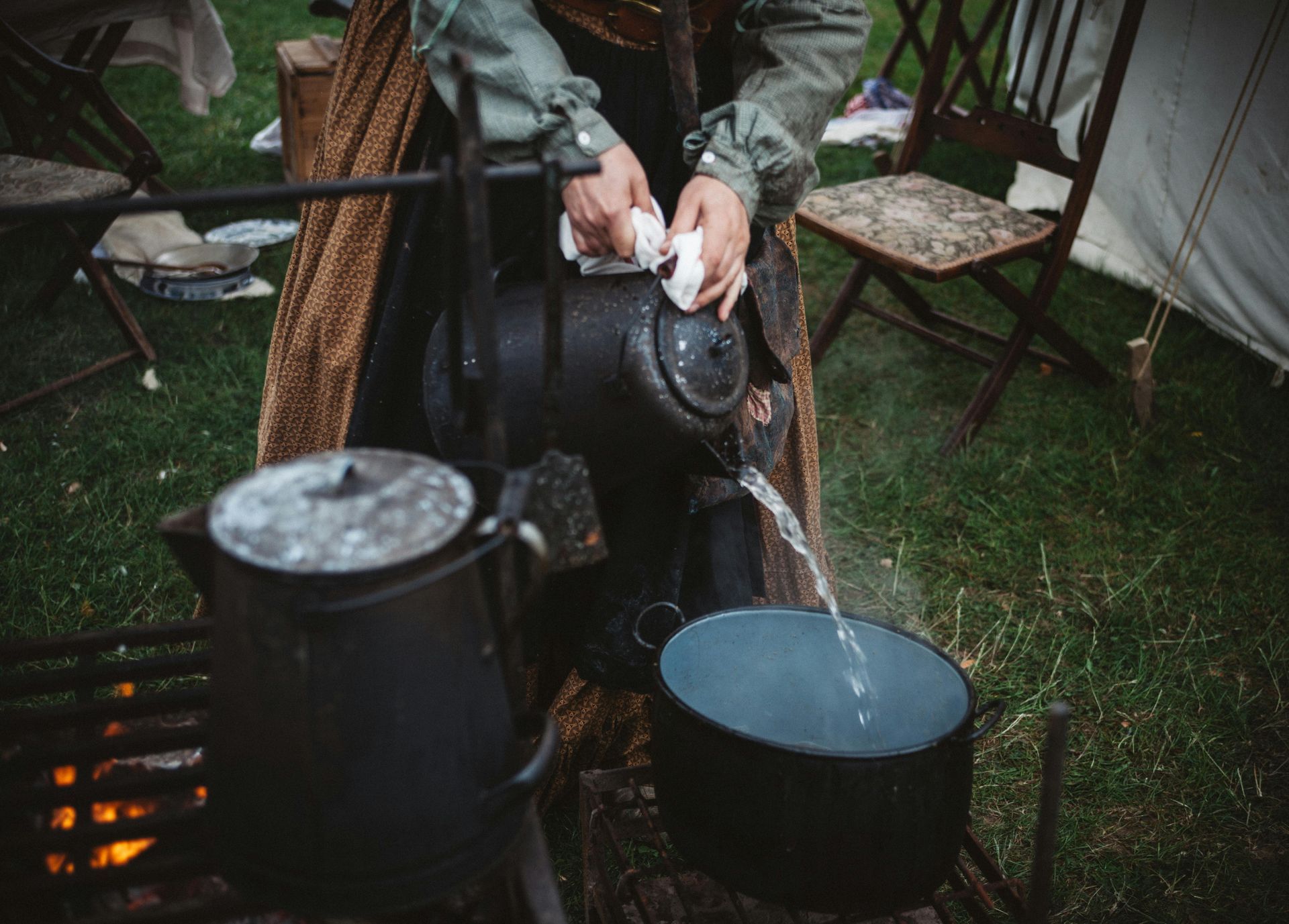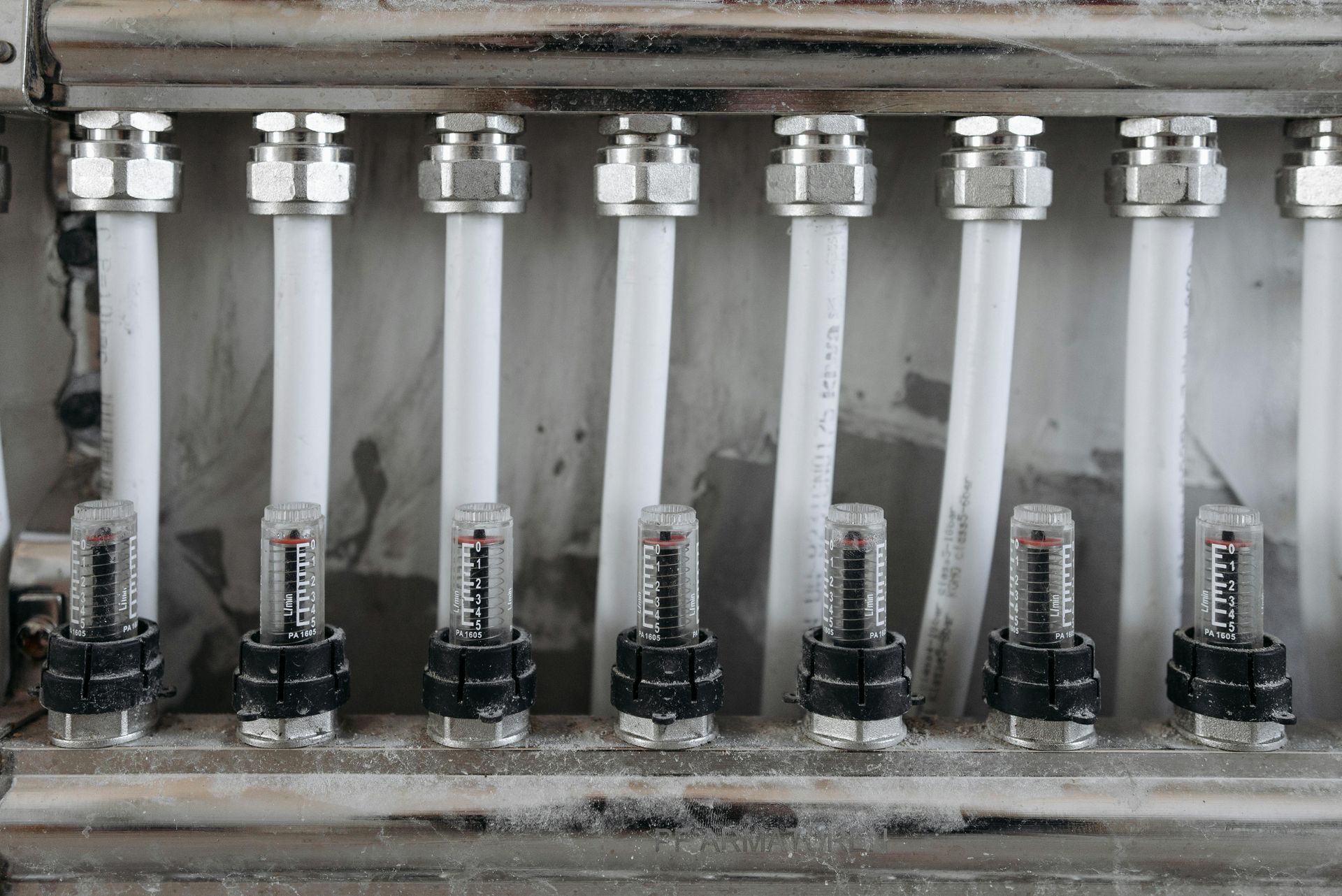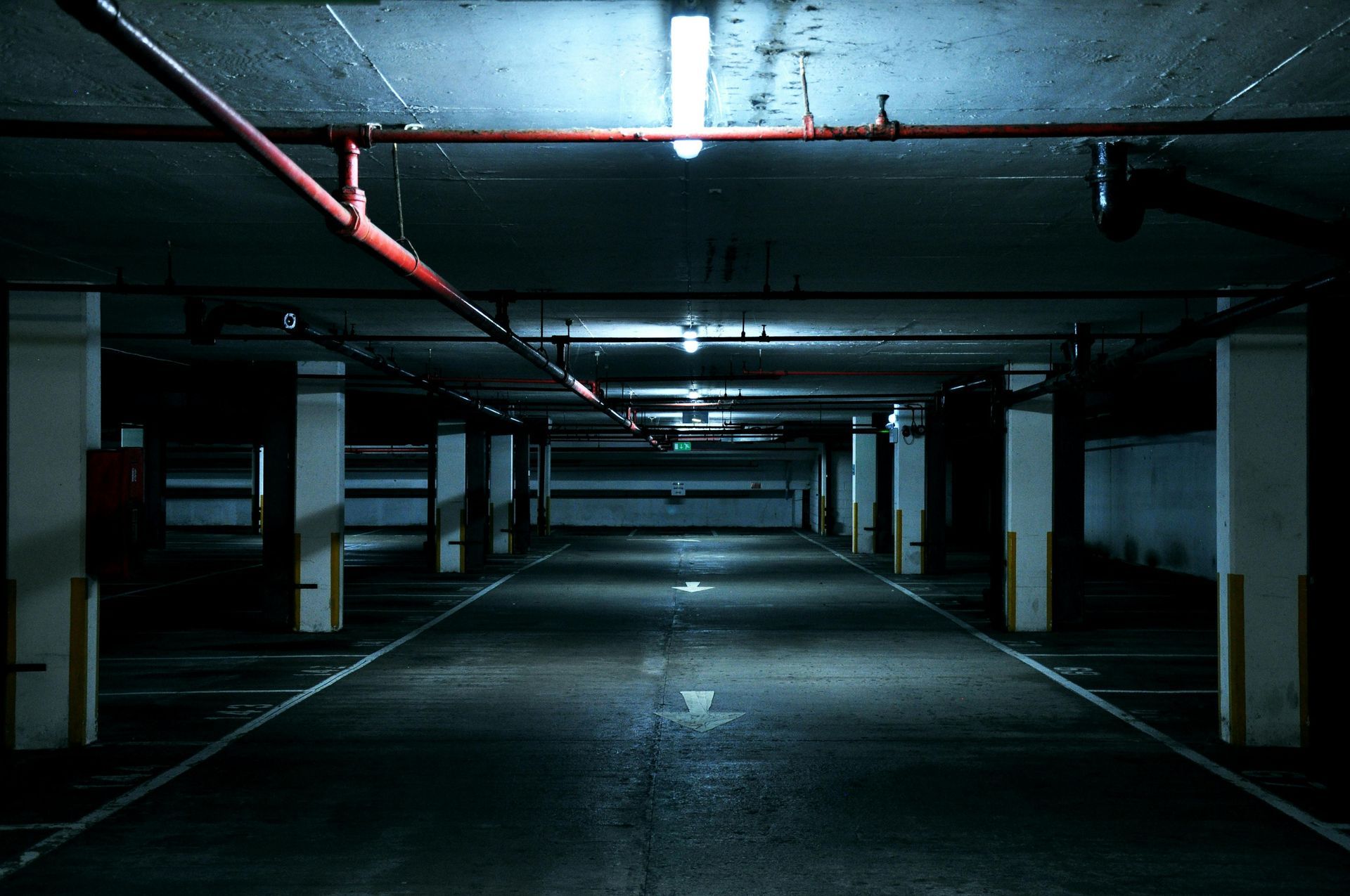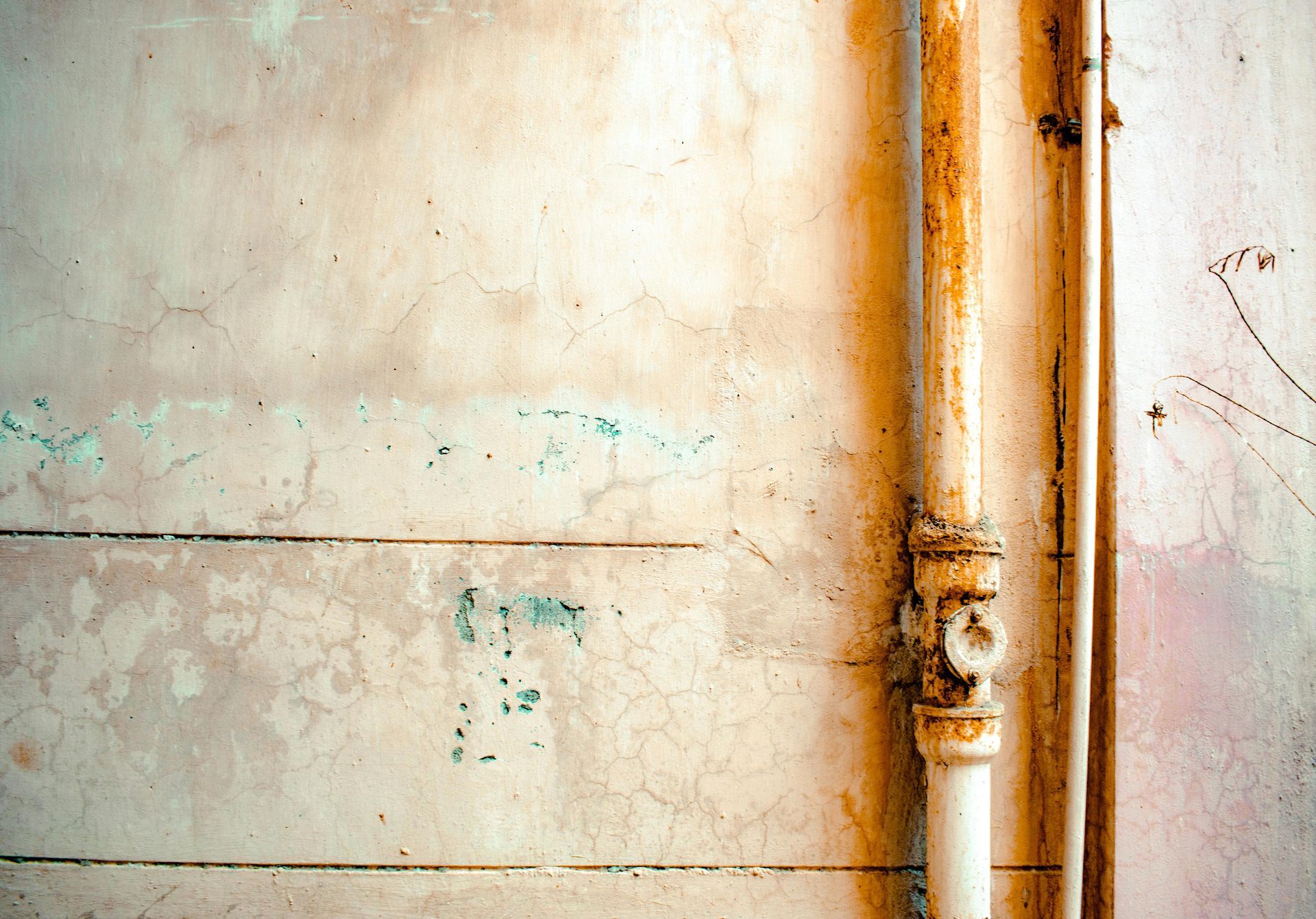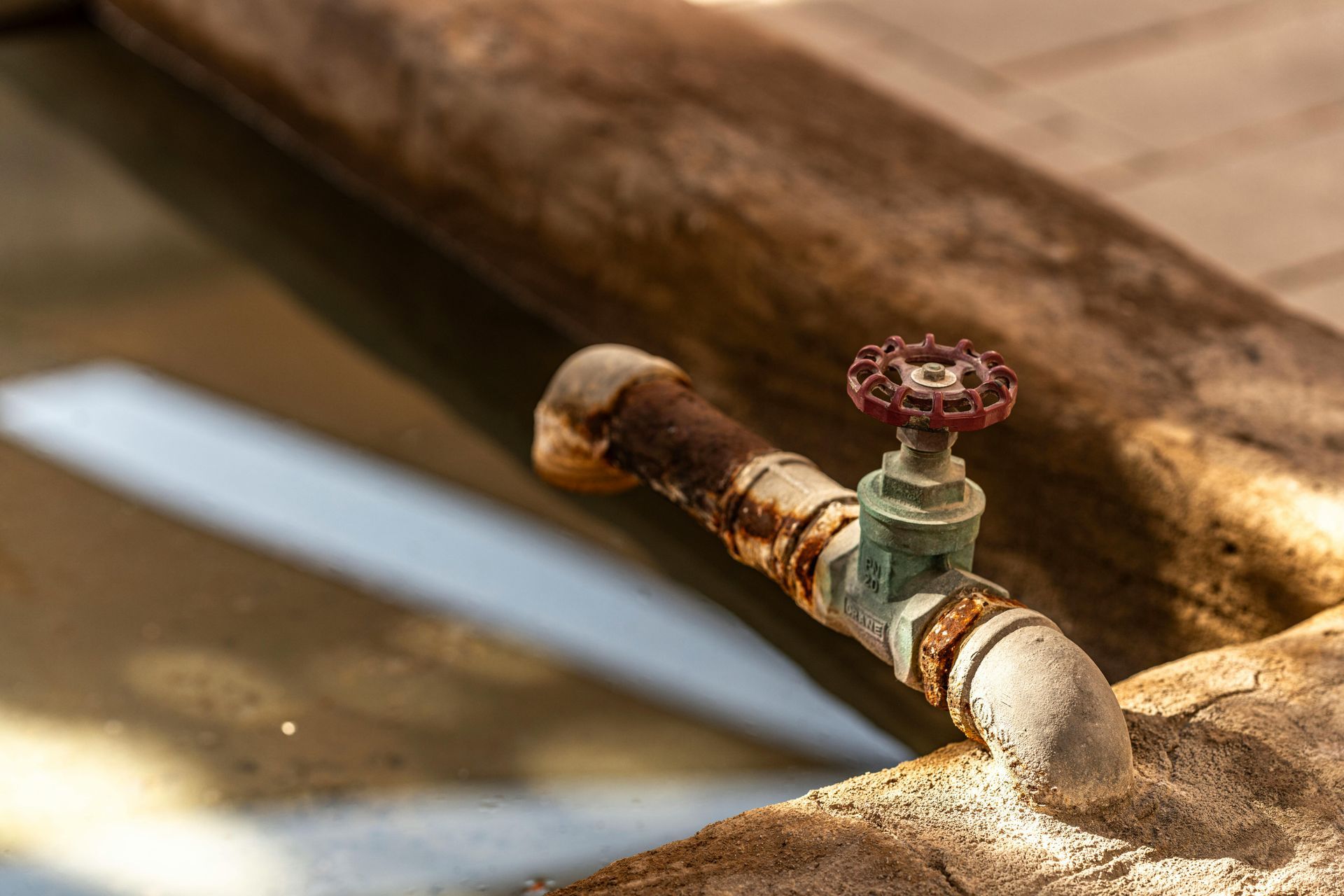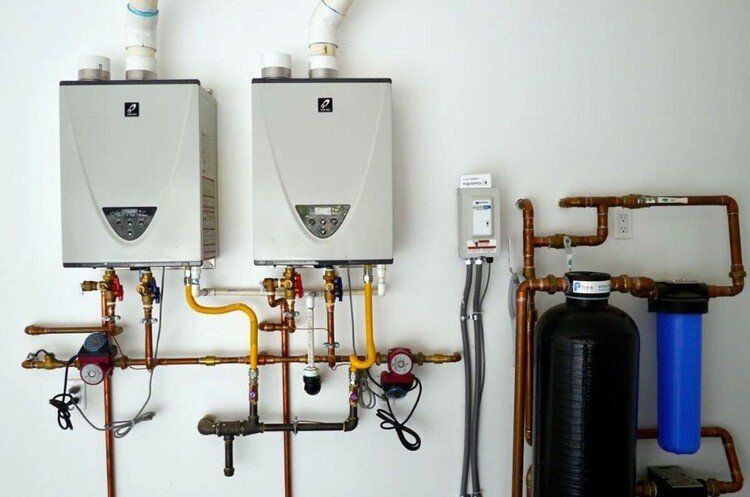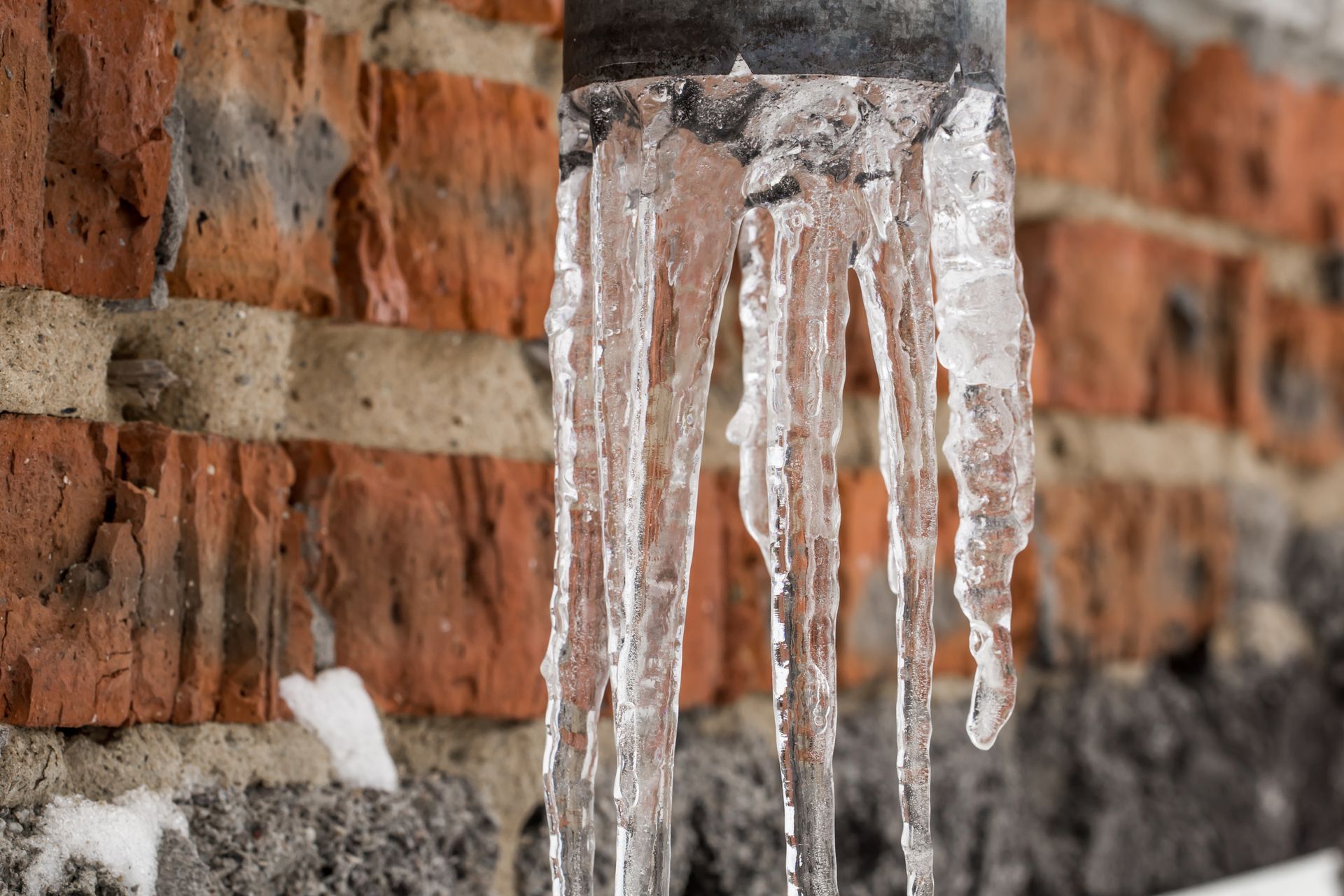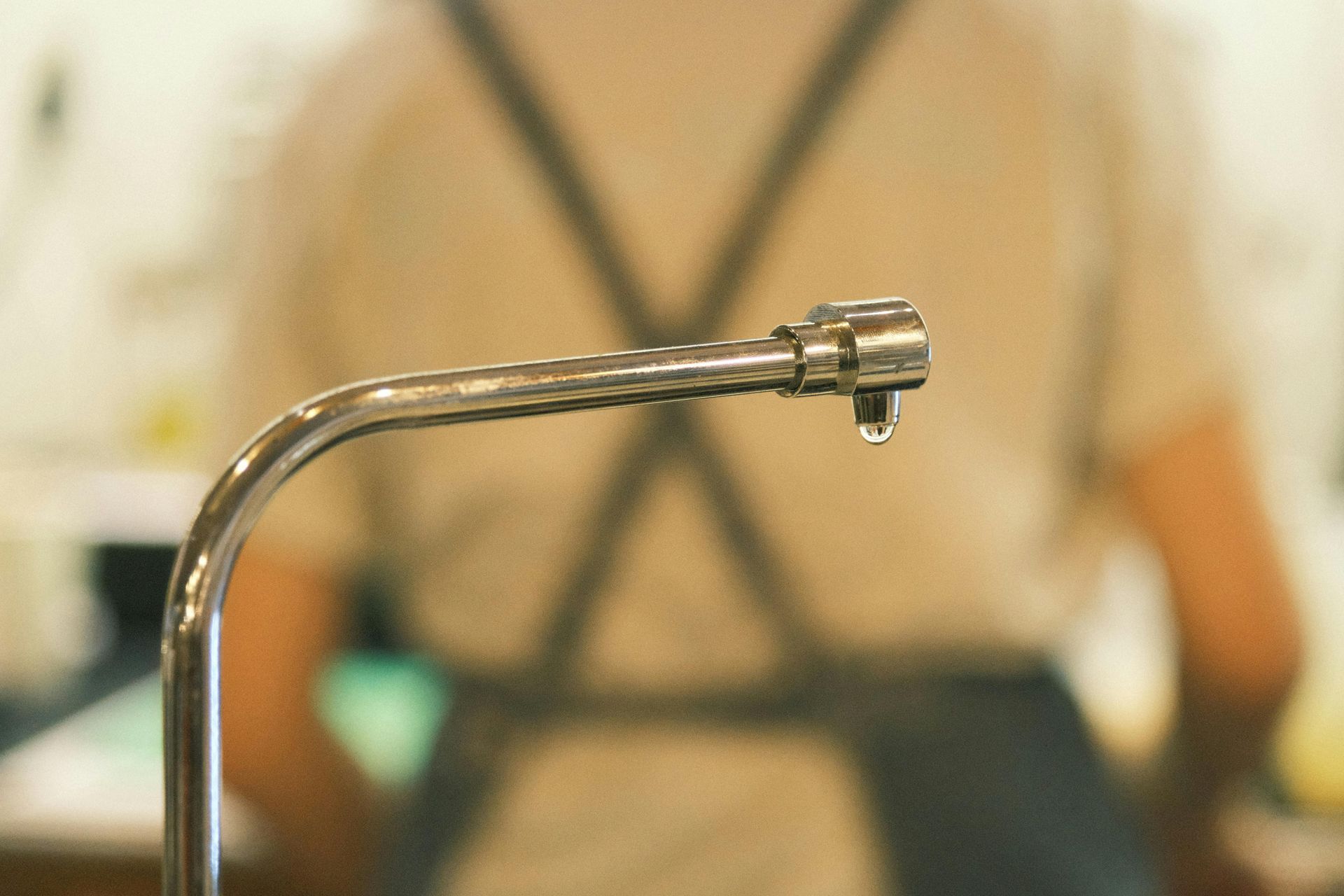Leak Testing Your Main Water Line: DIY or Professional Help?
Maintaining the integrity of your home’s main water line is critical for ensuring an uninterrupted, clean water supply and preventing costly damage. Leakage in the main water line can lead to reduced water pressure, increased water bills, soil erosion, and even structural damage if left unchecked. Leak testing is a vital step in waterline maintenance, but homeowners often face the question: should leak testing be done as a DIY task, or is professional help necessary? This article provides an extensive, professional overview of leak testing methods, the pros and cons of DIY versus professional approaches, and key considerations—highlighting how licensed professionals such as those from All City Plumbers employ essential plumbing tools and specialized expertise in effective waterline repair and replacement.
Understanding the Importance of Leak Testing Your Main Water Line
The main water line serves as the principal conduit delivering water from the municipal supply or well to your home’s plumbing system. Any leaks in this critical pipeline can compromise water efficiency and safety. Leak testing helps identify hidden leaks early, before they escalate into major problems such as soil destabilization, water contamination, or extensive pipe failure.
Leak testing involves pressurizing the pipe and monitoring for pressure drops or using detection technologies to pinpoint water escaping from the system. Early and accurate detection enables timely repair or replacement, saving homeowners money and stress. For professionals, reliable leak testing is an essential component of waterline repair and replacement services, ensuring long-term system reliability.
Common Signs That Indicate You May Need to Test for Leaks
Before deciding on leak testing methods or calling a plumber, homeowners can watch for common indicators of a main water line leak. Symptoms include unexpected drops in water pressure, unusually high water bills, wet or soggy spots in the yard, lush patches of grass even during dry weather, sounds of running water when all fixtures are off, and visible erosion or sinkholes near underground pipes. These signs suggest it is time to conduct a leak test to confirm the waterline’s integrity.
DIY Leak Testing Methods: What Homeowners Can Try
Homeowners with some plumbing knowledge can attempt preliminary leak detection using several methods that do not require specialized equipment. One straightforward approach is reading your water meter at two separate times (with all water fixtures off in between) and checking for changes, which indicate ongoing water flow from leaks.
Another practical method is a visual inspection of the yard for soggy or eroded areas or the use of a listening device (even a simple mechanic’s stethoscope or smartphone apps designed to detect water sounds). These techniques can help localize leaks near the surface.
Low-tech pressure tests may be conducted at accessible points, like outdoor hose bibs, by closing valves and checking for pressure loss over time. However, these methods will not detect deep underground leaks effectively and can miss smaller leaks.
While DIY testing can give a useful initial indication, it has significant limitations in accuracy and scope, particularly for buried waterlines—where silent leaks may exist beyond visible reach.
Why Professional Leak Testing Services Are Often Necessary
Licensed plumbers bring advanced expertise and essential plumbing tools that far exceed DO-IT-YOURSELF capabilities. Professionals utilize leak detection technologies such as acoustic listening devices, ground microphones, and electronic leak correlators that can identify leaks precisely and non-invasively—even in deep or complex pipe networks.
Professional leak testing typically involves pressure testing, where a calibrated pump pressurizes the waterline while pressure gauges measure for drops over specified timeframes. Video inspection or thermal imaging may also help detect leaks and their location. These approaches are more reliable and thorough, minimizing the risk of missed or misdiagnosed leaks.
Upon detecting leaks, professionals from trusted companies like All City Plumbers provide detailed reports and recommend targeted waterline repair and replacement tailored to the issue. Attempting complex leak repairs without expert confirmation can lead to repeated failures or worsening damage.
Essential Plumbing Tools Used by Professionals in Leak Testing
Professionals depend on a range of essential plumbing tools and diagnostic equipment to conduct effective leak testing. These include high-precision pressure gauges, pump systems with make-up water reservoirs for controlled pressurization, acoustic sensors for leak sound amplification, and pipe inspection cameras for visual assessments.
Tools like correlation detectors precisely measure the time difference between sound waves detected at different points on a pipe to triangulate leak positions, allowing minimally invasive excavation or trenchless repair planning. The use of such cutting-edge tools exemplifies why licensed plumbers stand out from the rest in their ability to deliver accurate, efficient leak diagnosis and long-lasting repairs.
Comparing DIY and Professional Leak Testing: Risks and Recommendations
DIY leak detection can be cost-effective and satisfactory for early, obvious issues, especially for surface-level leaks or small water meter tests. However, DIY methods may fail to detect harder-to-find underground leaks, leading to missed repairs and escalating damage.
Professional leak testing ensures comprehensive system diagnostics and adherence to safety and regulatory standards, crucial when dealing with large waterlines or municipal connections. The investment in professional inspection often offsets the high cost of unnoticed leaks causing structural or environmental harm.
Licensed plumbers not only detect leaks accurately but also use leak findings to plan waterline repair and replacement strategies that restore plumbing integrity efficiently, minimizing disruption and future issues.
Conclusion: When to Call the Professionals
Leak testing your main water line is critical for water efficiency, safety, and property protection. While homeowners can undertake simple tests, professional leak detection provides the precision and tools necessary for reliable diagnosis, especially for hidden or complex leaks. Partnering with trusted and experienced experts such as All City Plumbers ensures the use of essential plumbing tools and proven methodologies in leak detection, followed by expert waterline repair and replacement when needed.

